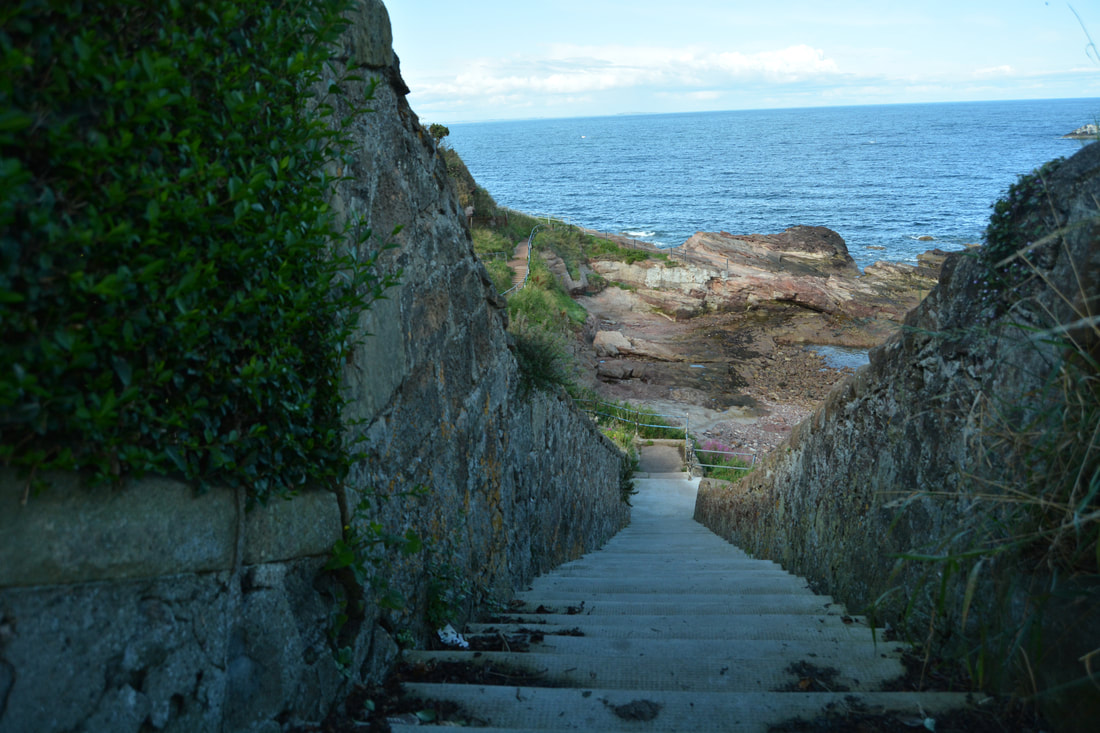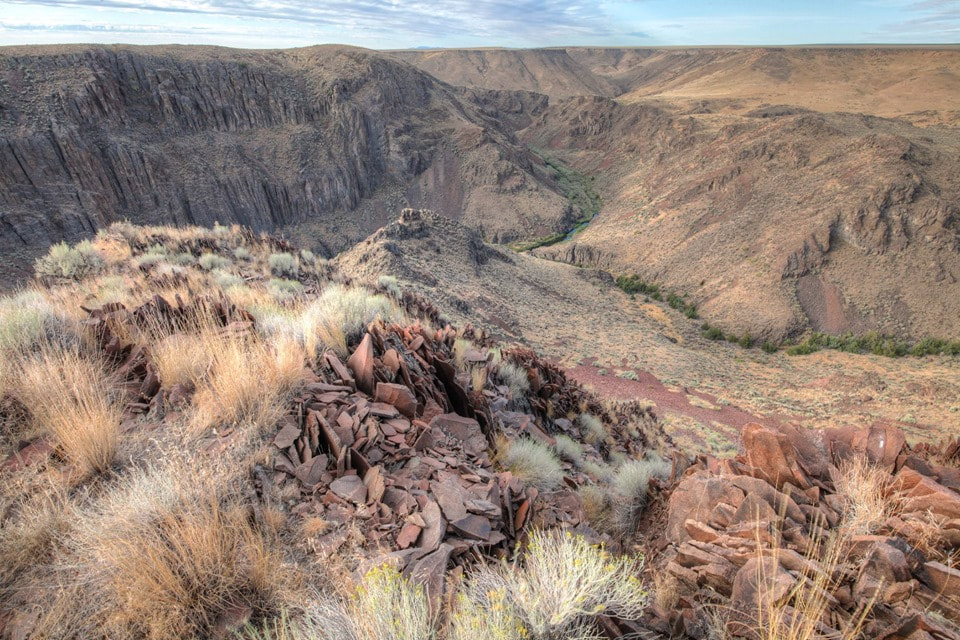The Spaciousness of Uncertainty
Patricia Adams Farmer
"In the spaciousness of uncertainty is room to act.
–Rebecca Solnit
In her book Hope in the Dark, writer and activist Rebecca Solnit argues a strong and eloquent case for uncertainty. Uncertainty? But no one likes that word. Don't we often remark that the worst part of waiting for news about a diagnosis or a lost dog or an unpredictable hurricane is the "uncertainty"? Today, we face serious, existential uncertainties in the larger world: Will we finally address climate change before it's too late? Is it, in fact, too late? How much more violence will we see before hate runs its present course? Will our democracy hold? All this uncertainty makes us crazy. That is, until we discover the riches inherent in uncertainty.
The elegance of Solnit's premise, which she develops in historical context, is this: "In the spaciousness of uncertainty is room to act." And this—uncertainty itself—forms the basis for all hope. She explains: "Hope is the embrace of the unknown and the unknowable, an alternative to the certainty of both optimists and pessimists." She's right. Certitude is deadly. I often hear extreme optimists, particularly religious ones, exclaim with certitude (which they mistake for faith): "God's in control! It's all good!" I hear pessimists, especially lately in the face of the Amazon's raging fires, say with the same certitude, "We're toast! It's too late, it's all over." Both of these expressions lead to apathy and inaction, to say nothing of mental health problems. It is between these extremes that the gift of uncertainty steps in to save us. Former Secretary of State Madeline Albright, when asked if she is an optimist or a pessimist, replies, "I am an optimist who worries a lot."
The idea of uncertainty from a spiritual viewpoint is a rich and fertile area for nurturing meaning and enthusiasm. And yes, hope itself. That's because in the spaciousness of uncertainty we come face to face with our freedom, not an illusory freedom, but authentic freedom to act, to make a difference to God and to the world. Freedom creates new worlds of possibility, but it also creates anxiety as it opens up possibilities for evil as well as for good. And so, our freedom is both a curse and a blessing. It fills us with the dread of uncertainty, but without it nothing would be real or fresh. Creation would end. Civilizations would cease.
As a process thinker and contemplative Christian, I embrace this sense of authentic freedom, even with the unpleasant side effect of uncertainty. I see God and the world as deeply interconnected—i.e., panentheism. To use religious language, we are in a covenantal relationship with God. We are co-creators with divinity, not inert chess pieces or puppets with the illusion of freedom. We possess authentic freedom to act and dream and change the world—a world of unrelenting uncertainty. But now we see that uncertainty is our best friend. Without it, it would be useless to do anything, to pray, to act, to write a letter to the editor, to protest. Nothing would count for anything without authentic freedom and its side kick, uncertainty.
In a Whiteheadian cosmology, uncertainty marks the character of every fresh droplet of experience in the universe. Every new moment is open and pliable and receptive until it becomes the past. In our human freedom, we have input, we have significance, we have power—albeit, limited. We are part of a whole universe infused with innate freedom, which means that even influencers like cancer cells and tyrants have input. But God has input, too. Always. In every fresh, becoming moment, God is at work. We may not see it or feel it, but God's presence imbues everything in the world, maybe not in an extrovert "Here I am!" sort of way, but rather in the quiet depth of things: in our sufferings and our joys, in our confusions and in our passion for a better world. God's power is not the kind of power that determines our fate like a master puppeteer; God's power is like the lure of oasis in a desert, an attraction, a beauty that we are so thirsty for that we choose it as we do a lover.
And so, God tenderly lures all creation toward the best possible choices given the circumstances. Of course, we humans often bulldoze over the best choice in favor of selfishness and greed and so break the heart of God on a daily basis. Nevertheless, love—the greatest power in the world—persists. As process theologian Marjorie Suchocki says, "God works with what is to bring about what can be." Such ongoing divine enticements toward joy and meaning and connection are driven by an unflagging cosmic love that beats quietly and patiently in the depths of the world, in the wings of the dragonfly, and in our cries for help.
So, yes, there is a kind of certainty, too, but it is not certainty of outcome or the certainty that "everything happens for a reason," or that "everything is in God's hands," but rather a faith in love itself, in beauty, in kindness—a trust in the power of creative transformation and resurrection possibilities, come what may. This is the firm, unwavering ground on which we stand.
I believe "God is love" as the New Testament says. And love never coerces or bullies or abandons or goes it alone. And so, in this thoroughly relational world, our faith in God is blended with the colors of empowerment within ourselves to create a fresh and more beautiful landscape. This means we have to be willing to accept uncertainty, even the anxiety of it.
If we have trouble accepting anxiety as a part of uncertainty, we may need to enlarge our palette to make room for several colors of feeling: contentment and restlessness, grief and joy, anger and forgiveness. All of this spaciousness helps Beauty do her work in the creation of a new world. Beauty, from a process standpoint, is not a pretty picture with monochromatic color of easy, uncomplicated feeling. It is not a Hallmark movie. Rather than a thin line of either/or, Beauty calls for a spacious, richly intense harmony of inclusion and transformation. Like the Psalmist of the Hebrew Bible who chooses all colors of feeling to be expressed in song and poetry, so maturity is learning to hold contradictory feelings in the wideness of God's mercy and love.
In the spaciousness of uncertainty, we can find a larger peace—Peace with a capital "P." This wider sense of Peace, Whitehead says, is primarily "a trust in the efficacy of Beauty." In this wideness filled with possibility and love, we can act, we can create, we make meaning. We can paint the world anew.

